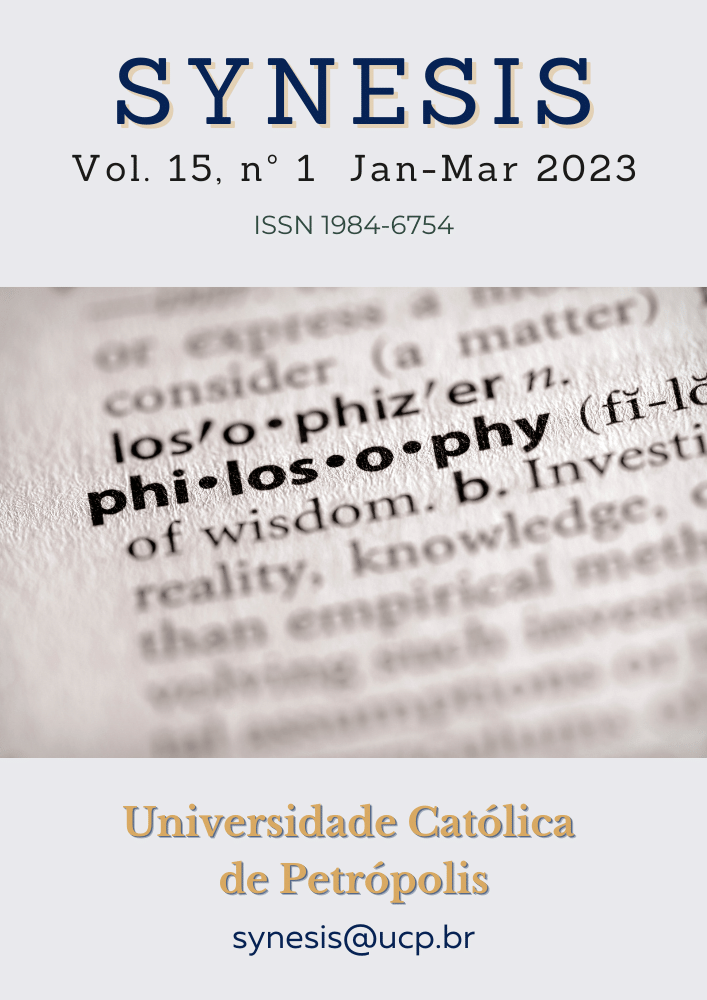Abstract
The article focuses on analyzing the factors affecting the online learning efficiency of students at the Ho Chi Minh City University of Technology and Education during the Covid 19 pandemic. The study identified four factors that affect students' online learning efficiency, including H1- Environment, course context, H2 - Student cooperation, H3- Online learning skills of students, and H4 - Teachers/lecturers. However, the results of an online survey of 1,089 students of Ho Chi Minh City University of Technology and Education (HCMUTE), with Cronbach's Alpha test method, EFA analysis, Correlations, and regression analysis, showed that 3/4 of the initial hypotheses H2, H3, H4 were accepted (with Sig. = 0.000). <0.05, that is, H2, H3, H4 affect the online learning efficiency of students of Ho Chi Minh City University of Technology and Education, while H1 is not accepted (H1 due to Sig.= 0.683) >0.05 (ie H1 does not affect the online learning efficiency of students of Ho Chi Minh City University of Technology and Education during the Covid - 19 pandemic)).
References
Bourdieu, P. (1986). "The Forms of Capital." Pp. 241-258 in Handbook of Theory and Research for the Sociology of Education, edited by J. G. Richardson. New York: Greenwood.
Coleman, J. S. (1988). "Social Capital in the Creation of Human-Capital." American Journal of Sociology 94:S95-S120.
Dewey, J. (1938). Experience in education. New York: Macmillan
Fukuyama, F (1995b), Social capital and the global economy, Foreign affirs, vol. 74, no.5, pp.89-103.
Fukuyama, Francis. (2001). "Social Capital, Civil Society and Development." Third World Quarterly 22:7-20.
Garrison, R. D., & Cleveland-Innes, M. (2005). Facilitating cognitive presence in online learning: Interaction is not enough. The American Journal of Distance Education, 19(3), 133-148.
Hoang Trong - Chu Nguyen Mong Ngoc. (2008). Analyze data with SPSS. Hong Duc Publishing House.
Holmes, B. and Gardner, J. (2006). E-Learning: Concepts and Practice. London: SAGE Publications.
Kaplan-Leiserson, E. (2002). E-learning glossary. http://www.learningcircuits.org/glossary.html. Accessed July 1.
Nguyen Dinh Tho & Nguyen Thi Mai Trang. (2009). Scientific research in Business Administration. Statistical publisher
Oliver. R, Towers. S. (2000). Uptime: Students, learning and computers. ICT access and ICT literacy of tertiary students in Australia. Canberra, Department of Education, Training and Youth Affairs.
Putnam. (1995a). Bowling alone: Americas declining social capital, Journal of the democracy, vol.6, no.1, pp.65-78.
Putnam. (1995b). Tuning in, tuning out: The strange dissappearance of social capital in America, P.S: Political Science and Politics, vol.28, no.4, pp.664-83.
Putnam, Robert D. (1995). "Bowling Alone: America's Declining Social Capital." Journal of Democracy 6:65-78.
Rosenberg, M. J. (2001). E-learning: building successful online learning in your organization. McGrow Hill, New York, NY, USA
Vygotsky, L. S. (1978). Mind in society. Cambridge, MA: Harvard University Press.
Welsh et al. (2003). E-learning: Emerging uses, empirical results and future directions. International Journal of Training and Development 7(4):245 – 258.

This work is licensed under a Creative Commons Attribution-NonCommercial-NoDerivatives 4.0 International License.
Copyright (c) 2023 Synesis (ISSN 1984-6754)

